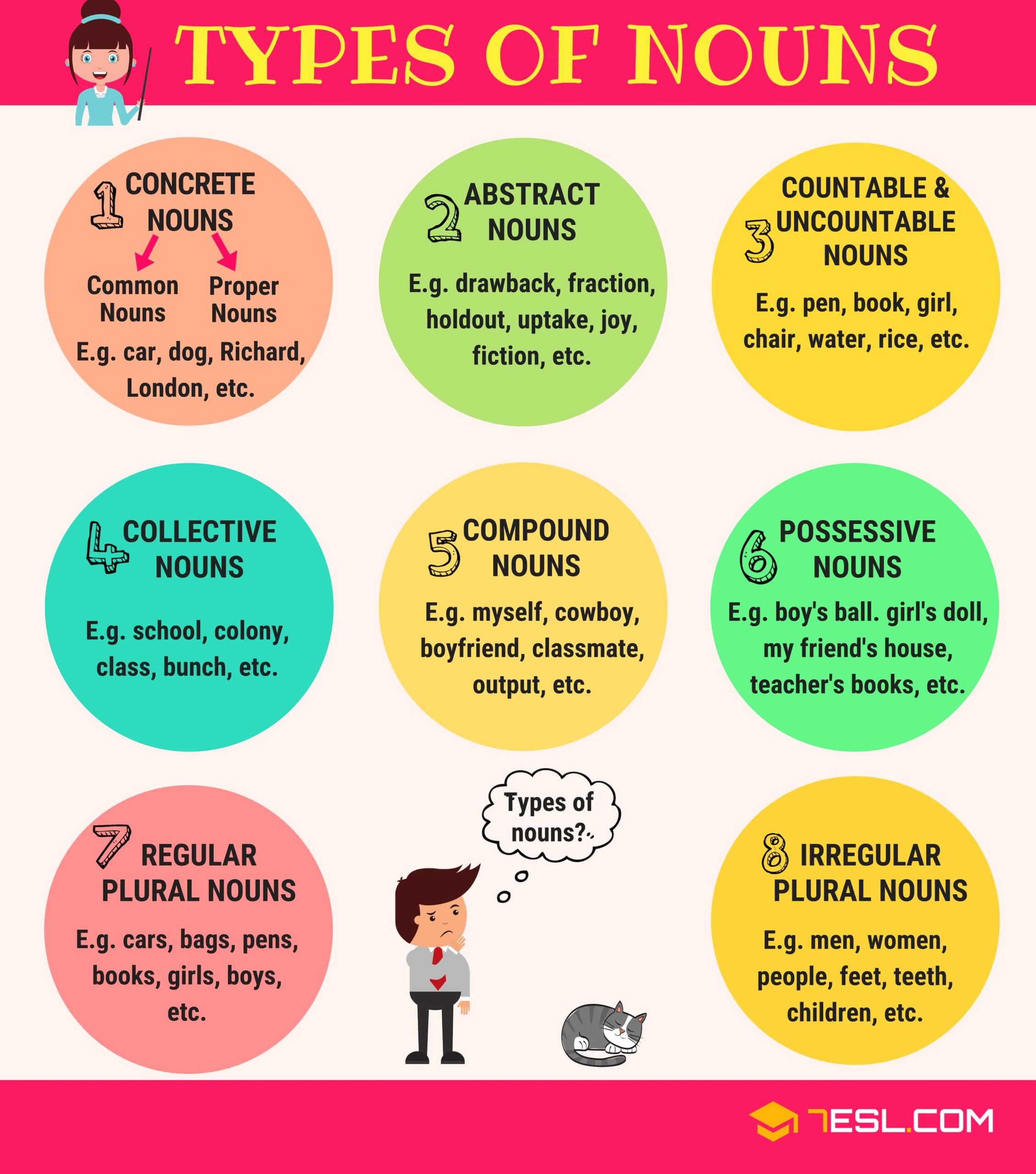Proper nouns are specific names given to particular people, places, or things. They are always capitalized, regardless of where they appear in a sentence. Proper nouns help us identify and distinguish one entity from another. Understanding the different types of proper nouns can enhance our language skills and communication.
Proper nouns play a crucial role in language and are used in various contexts, from everyday conversations to formal writing. By recognizing the types of proper nouns, we can effectively convey information and express ideas accurately.
Types of Proper Noun
1. Personal Proper Nouns: Personal proper nouns refer to specific individuals or persons. They include names of people, such as John, Mary, or Sarah. Personal proper nouns can also denote titles, such as President Johnson or Dr. Smith.
2. Geographical Proper Nouns: Geographical proper nouns pertain to specific locations or places. They include names of countries, cities, rivers, mountains, and continents. Examples of geographical proper nouns are India, New York, Nile River, Mount Everest, and Africa.
3. Brand Proper Nouns: Brand proper nouns are specific names given to products, companies, or organizations. They are used to identify and promote a particular brand in the market. Examples of brand proper nouns include Coca-Cola, Nike, Apple, and Google.
4. Historical Proper Nouns: Historical proper nouns refer to specific events, periods, or figures in history. They help us identify and remember important moments or personalities from the past. Examples of historical proper nouns are World War II, Renaissance, Martin Luther King Jr., and the Great Depression.
5. Religious Proper Nouns: Religious proper nouns are names associated with religious beliefs, figures, or texts. They hold significance in various faiths and spiritual practices. Examples of religious proper nouns include Christianity, Buddha, Quran, and Jerusalem.
Understanding the different types of proper nouns can enrich our vocabulary and improve our communication skills. By recognizing and using proper nouns appropriately, we can convey information accurately and effectively. Proper nouns add specificity and clarity to our language, making it easier for others to understand and interpret our messages.
